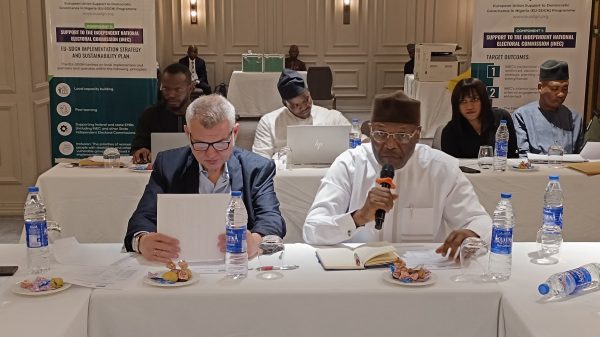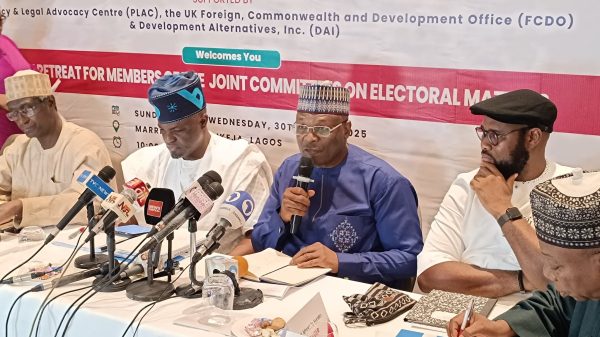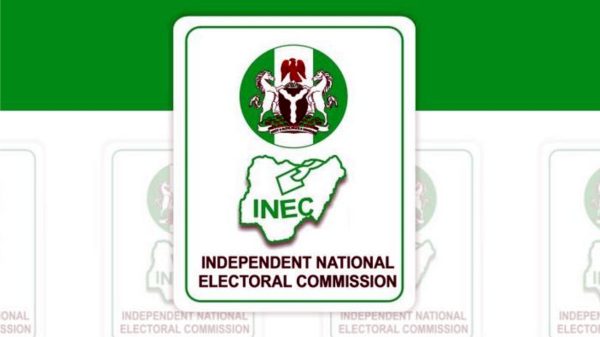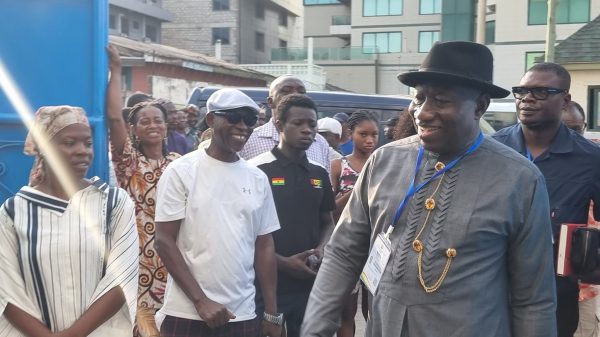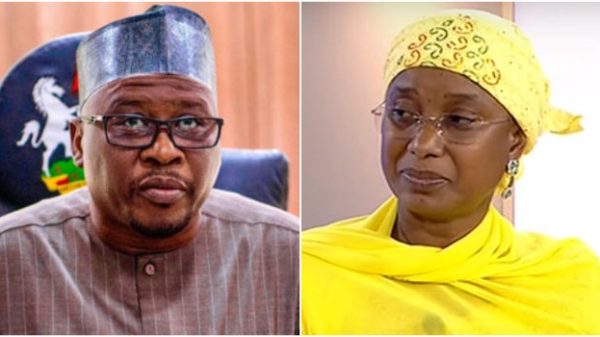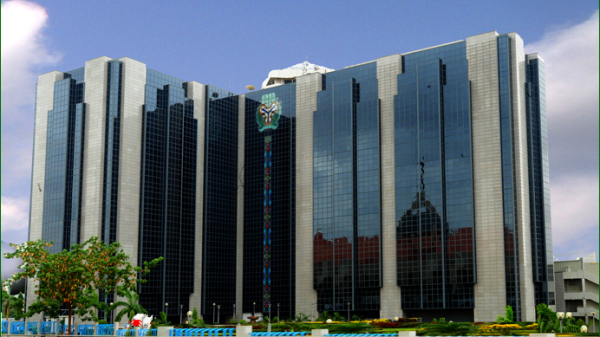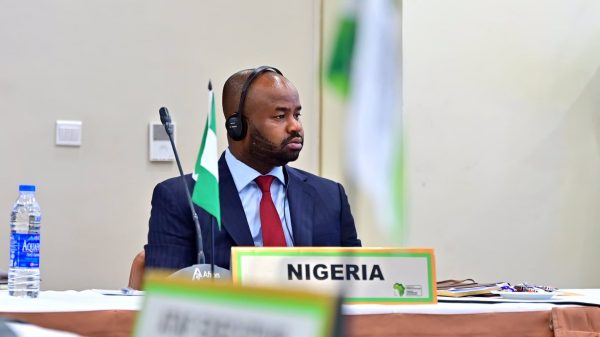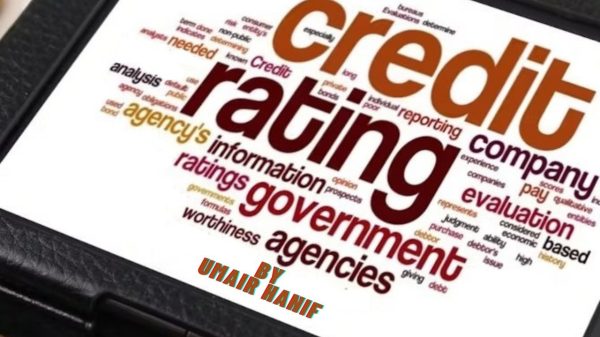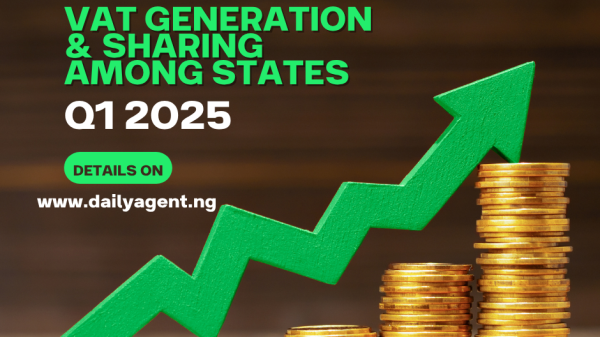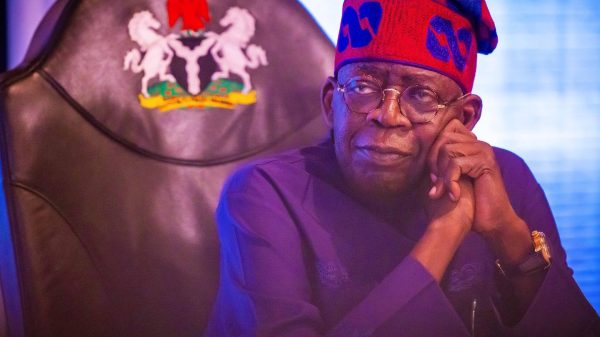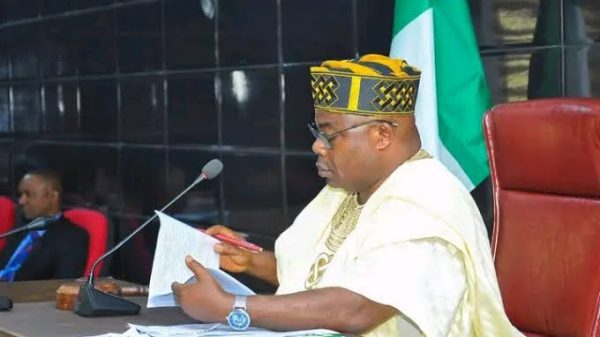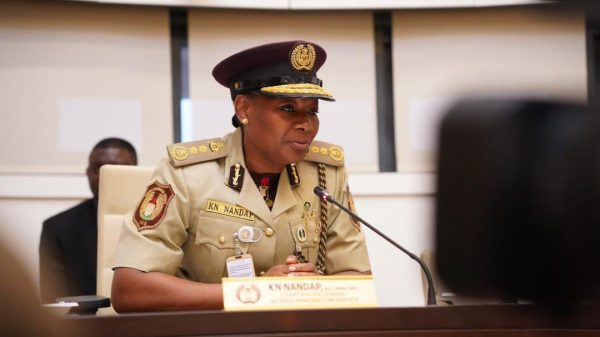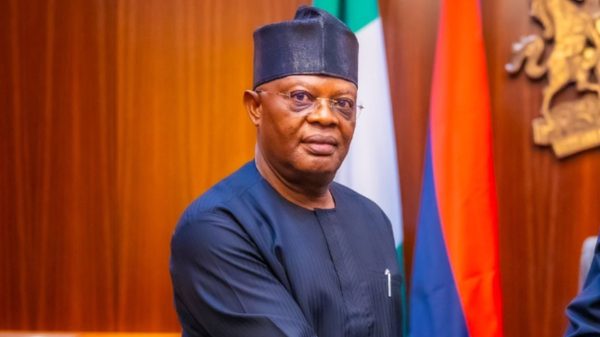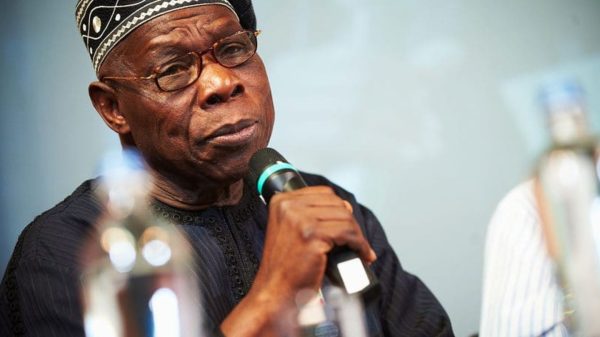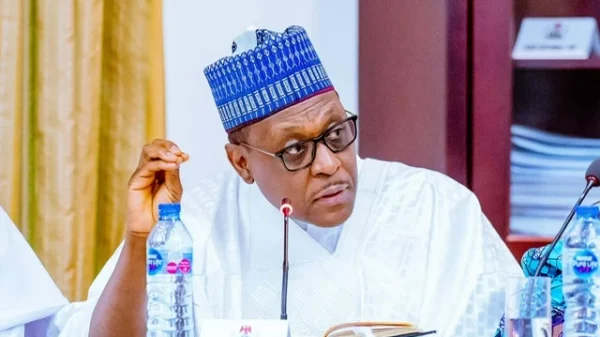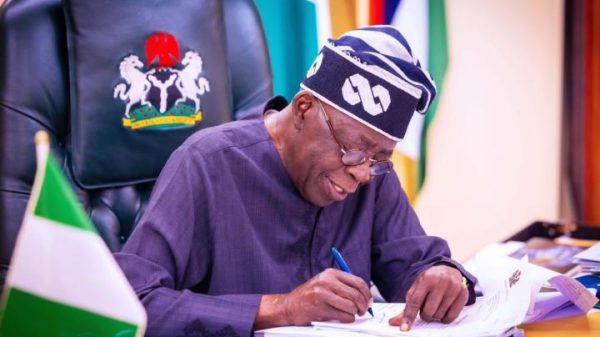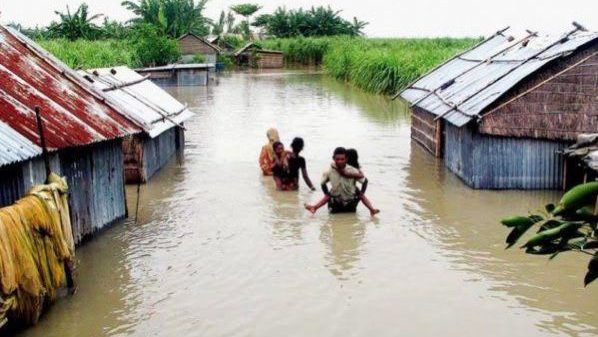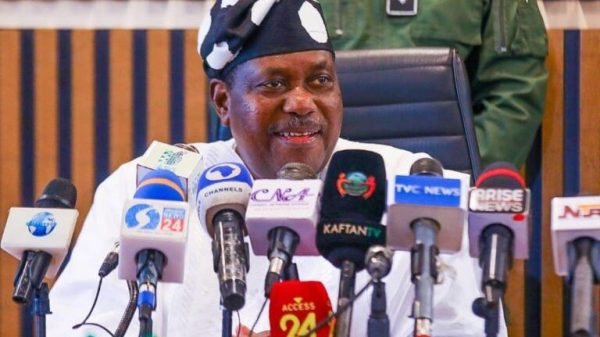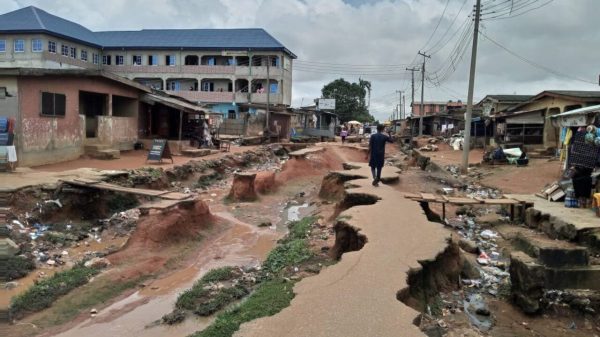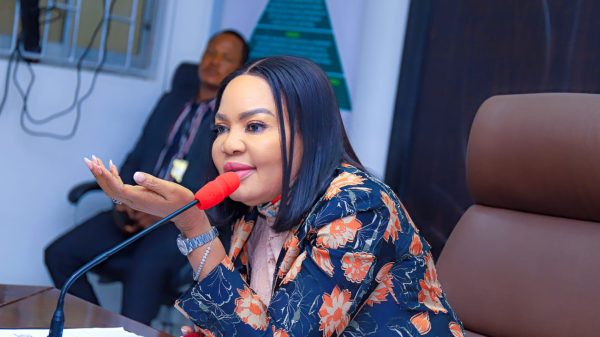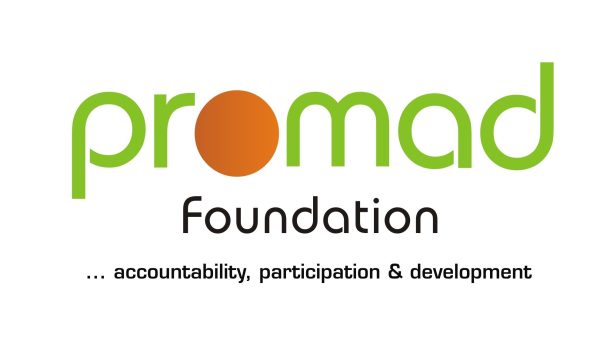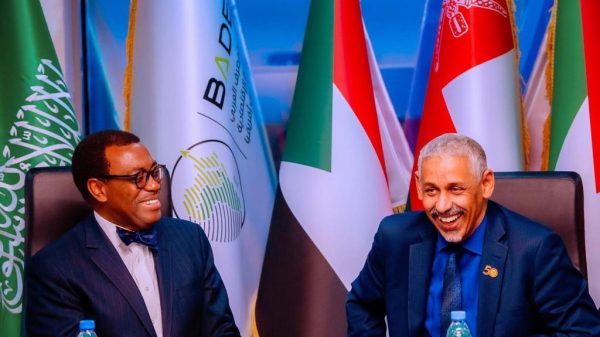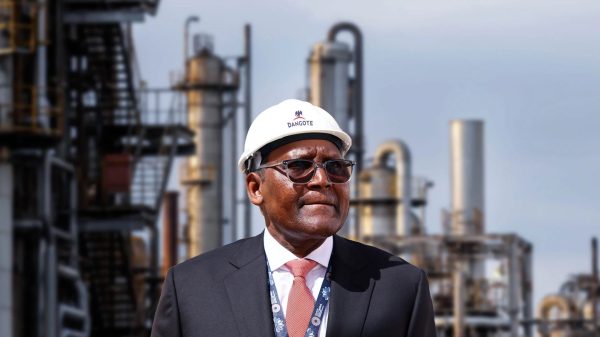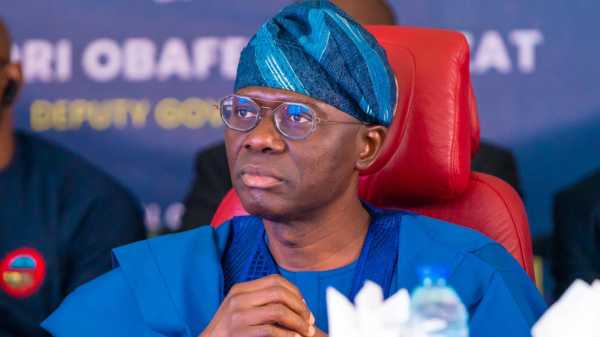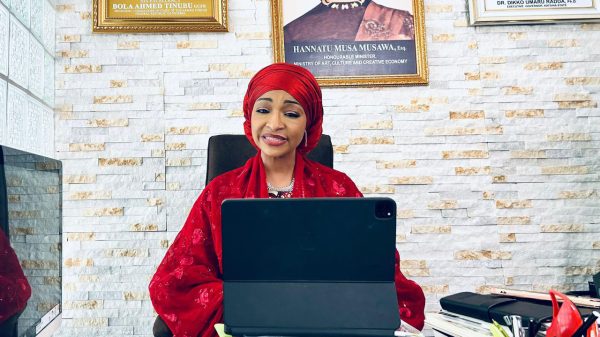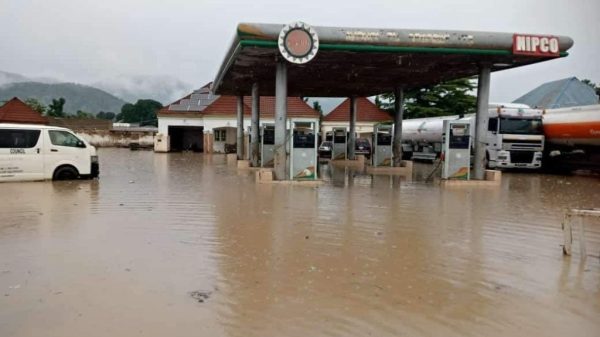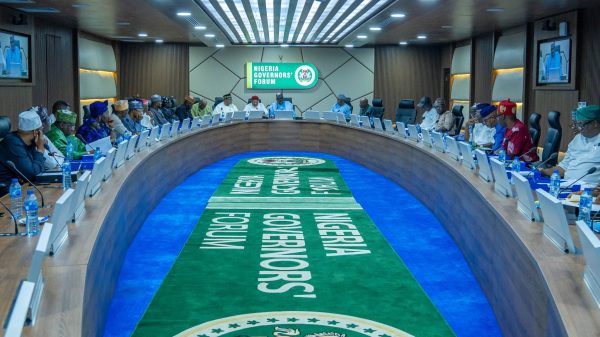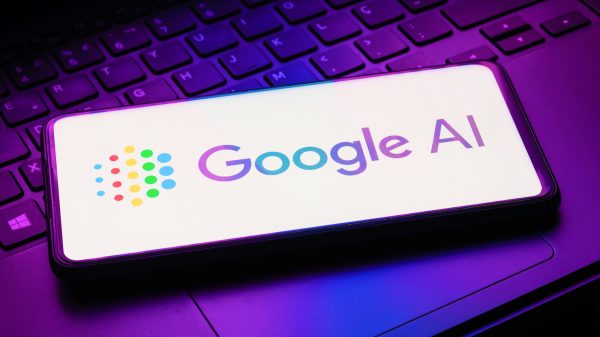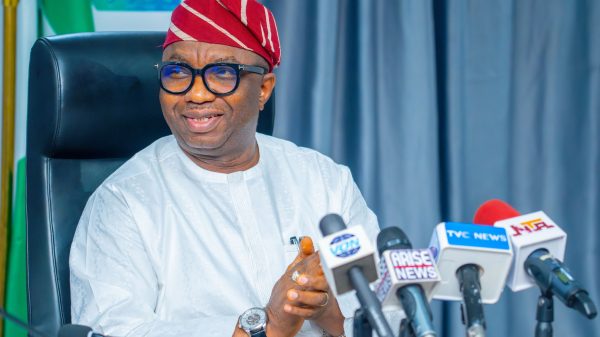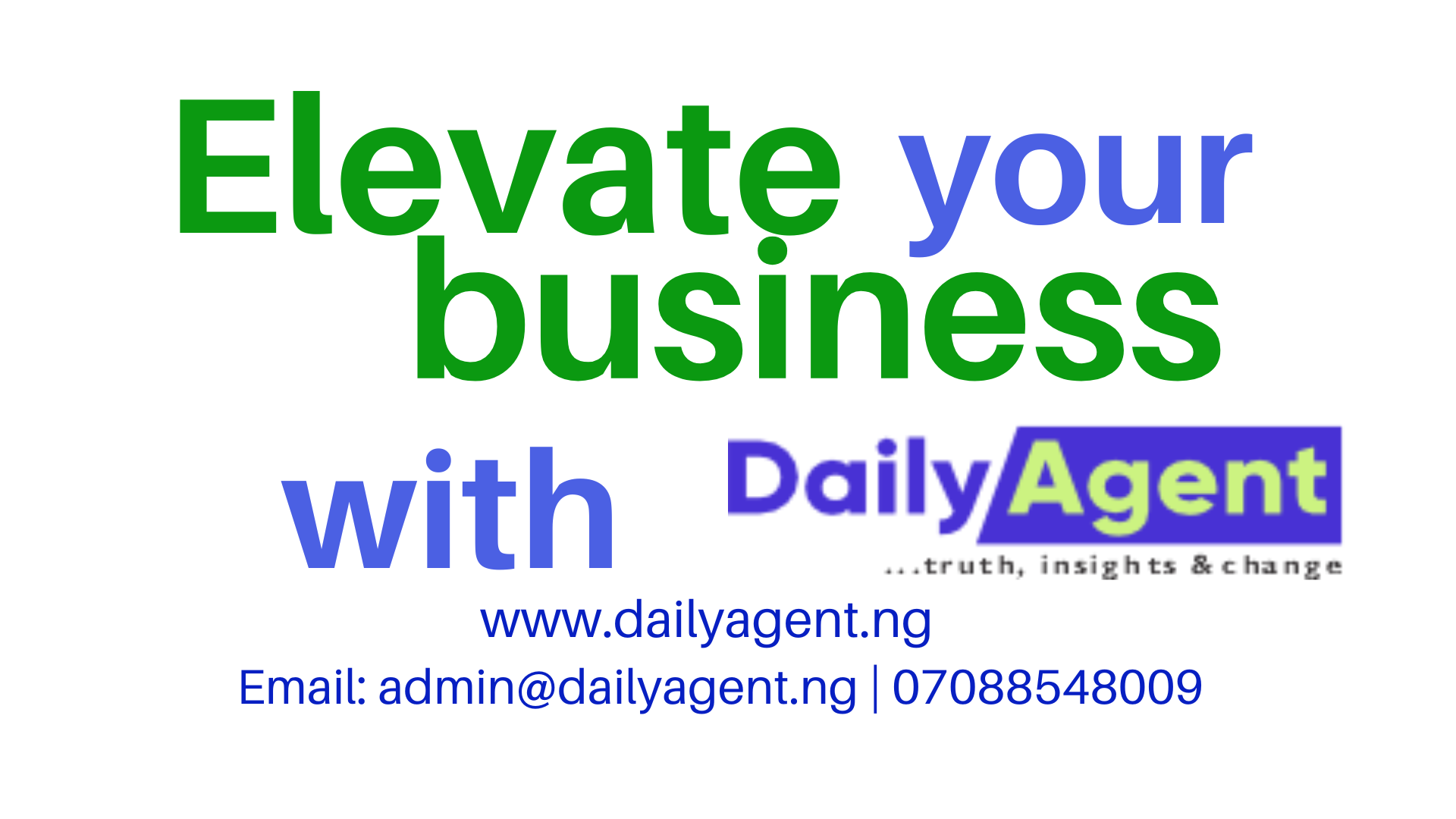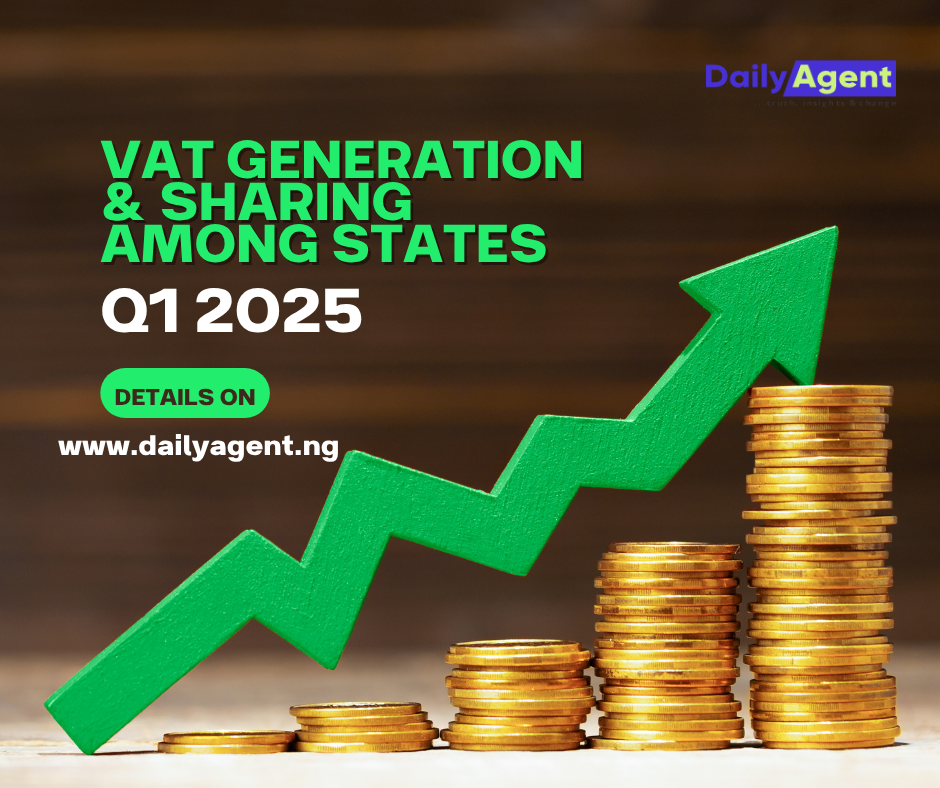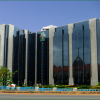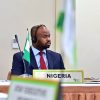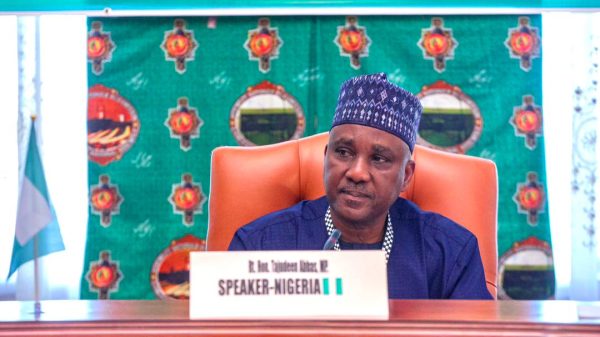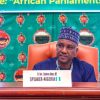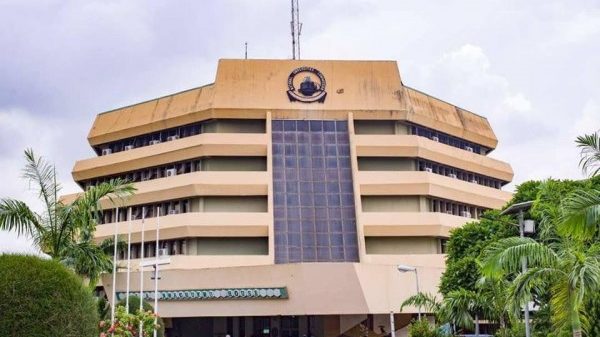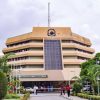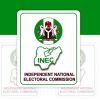The United Nations Development (UNDP) Nigeria and the African Development Center (ADC) of Microsoft have signed a Memorandum of Understanding (MoU) for the development of the digital ecosystem in Nigeria.
UNDP Nigeria disclosed this on Twitter on Tuesday.
“We are thrilled to announce our MOU signing with @MicrosoftADC, marking the beginning of a transformative journey. Together, we will unlock unparalleled opportunities in digital transformation, propel tech talent acceleration & foster an innovative ecosystem for development in Nigeria”, the tweet reads.
The UNDP believes that digital transformation is a vehicle for the attainment of the Sustainable Development Goals (SDGs) by 2030, a commitment that Nigeria has signup to.
According to UNDP, “Digital transformation is the integration of digital technologies into all areas of business, changing how economic and social activities are conducted. While it’s important to acknowledge that digital technology can bring tremendous opportunities, like accelerating progress towards achieving the Sustainable Development Goals (SDGs), it can also widen socioeconomic gaps for those who lack Internet connectivity, affordable devices or the skills to benefit from digital services.
“Equally, vulnerable people and groups who don’t have training in digital skills can be more susceptible to online risks such as fraud, data disclosure, identity theft and cyberbullying.
“The future is digital, defining how we will live, work, and interact with each other. Whether technology becomes an empowering force for good or a sower of more division and exclusion will depend on the choices we make now.
Globally, the UN agency is leveraging the great potential of digital for development and leaving no one behind.
The organisation is making an intentional effort to steer technology development and national digital transformation in a direction that’s both inclusive and sustainable.
“At UNDP, we believe that inclusive digital transformation can: address the needs of the poorest as well as the most vulnerable and marginalized groups, including women and people with disabilities; ensure that digital transformation doesn’t exacerbate existing inequalities, with a vision to leave no one behind and empower underrepresented groups to take part in meaningful ways and promotes gender equality.
“Protect people from the adverse effects of digital technologies and encourage the use and development of digital technology that’s open, responsible and rights-based”.






